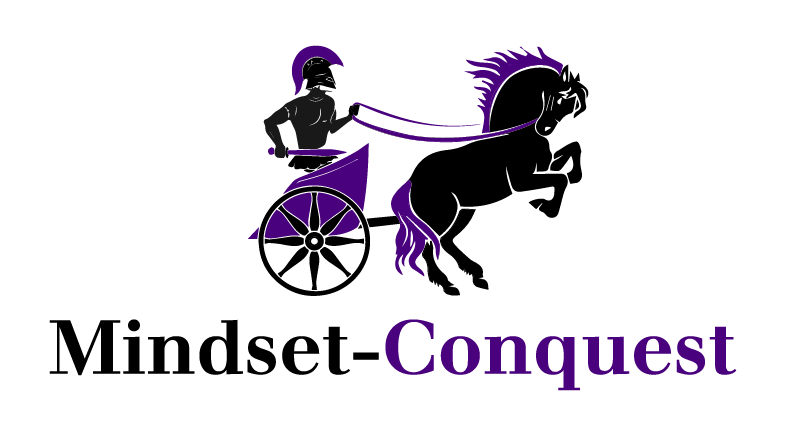Maximizing Sales Team Performance through Effective One-on-One Meetings
Nov 13, 2024
In the fast-paced world of sales, leaders and business owners face continuous challenges in inspiring, motivating, and developing high-performance teams. One of the most impactful tools available for driving team success is the one-on-one meeting. When conducted thoughtfully and consistently, these meetings are invaluable for helping both sales leaders and their team members reach their full potential.
This guide dives into best practices for structuring one-on-one meetings, ensuring they are productive, supportive, and impactful.
Why Are Effective One-On-One Meetings So Important?
One-on-one meetings give sales leaders a powerful way to connect with their team, recognize performance patterns, and create personalized strategies for growth. By regularly engaging in these structured conversations, leaders can help their salespeople navigate challenges, celebrate wins, and achieve goals.
Here’s how to make one-on-one meetings effective and rewarding for everyone involved.
1. Preparation
Preparation is key. Both the sales leader and the salesperson should come to the meeting prepared. Salespeople should list their recent accomplishments, current challenges, and any questions they may have. Meanwhile, the sales leader should review recent performance data, relevant reports, and any key metrics to provide meaningful feedback.
2. Set a Clear Agenda
A standardized agenda is essential for a focused meeting. This agenda might include goal progress, recent wins, current challenges, action items, and areas for improvement. Having a consistent structure keeps the conversation on track and ensures that all relevant topics are addressed.
3. Review Goals
Discussing specific, measurable, achievable, relevant, and time-bound (SMART) goals is critical. Reviewing and revisiting these goals at each meeting helps keep both the sales leader and salesperson aligned and accountable for progress.
4. Provide Constructive Feedback
Effective feedback is specific and actionable. Leaders can use a "did well" and "do differently" framework to highlight areas of success and opportunities for growth in a constructive way. This approach fosters an open, positive environment for improvement.
5. Foster Open Communication
A productive one-on-one meeting is built on open, honest communication. Salespeople should feel comfortable sharing challenges and asking for guidance. Leaders can encourage openness by listening actively and asking open-ended questions to better understand the salesperson’s perspective.
6. Focus on Development and Coaching
Every one-on-one is a chance to identify growth areas for each salesperson. Sales leaders can offer guidance, resources, and relevant training, and discuss strategies for overcoming specific challenges.
7. Define Actionable Takeaways
Both the sales leader and the salesperson should leave the meeting with clear action items. This ensures that the meeting's purpose translates into tangible improvements and steps forward.
8. Follow-Up on Action Items
Accountability is reinforced when both parties follow up on the action items from previous meetings. Tracking progress shows that the meeting is part of an ongoing improvement process, not a one-time event.
9. Celebrate Wins
Recognizing and celebrating achievements helps boost morale and reinforces a positive culture. Leaders can acknowledge both individual and team successes, contributing to a more motivated team.
10. Respect Time Limits
Keeping meetings focused and efficient (aiming for 50 minutes or less) helps ensure they remain productive. Sticking to a time limit respects everyone’s schedule and maintains the meeting’s purpose.
11. Use Data to Drive Discussions
Data and analytics bring objectivity to the conversation. Leaders should incorporate relevant metrics and reports to illustrate performance trends and discuss how specific actions influence the numbers.
12. Discuss Professional Development
One-on-one meetings are a chance to discuss a salesperson's career goals and aspirations. Leaders can help them identify opportunities for advancement and personal growth within the organization.
13. Emphasize Accountability
Accountability strengthens trust and commitment. Ensure that both the leader and salesperson are clear on their responsibilities and the actions they need to take. Mutual accountability is essential for a collaborative work environment.
14. Maintain Consistency
Conducting weekly one-on-one meetings fosters routine and allows both parties to identify trends in performance and development over time.
15. Document Key Points
Taking notes during the meeting provides a record of key takeaways, action items, and decisions. This documentation is invaluable for tracking progress and revisiting previous discussions.
Final Thoughts
By integrating these practices into one-on-one meetings, sales leaders can foster a culture of continual growth, development, and success. Effective meetings create a space for personal growth, mentorship, and targeted improvement, empowering sales teams and ultimately driving organizational success.
Download my FREE eBook Series to Turbo-Charge Your Focus, Increase Your Energy, and Gain a Clear Line of Sight On Your Priorities.
FREE Download: https://www.mindset-conquest.com/ebooks
Warm regards,
Chris Atwell
Sales & Mindset Coach

